detail profile hakim noury

Info Pribadi
Peran Yang Di Mainkan Hakim Noury
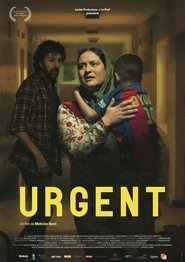 Driss and Zahra leave their fishermans...
Driss and Zahra leave their fishermans...Urgent 2018
Driss and Zahra leave their fisherman's village to take their six-year-old son, Ayoub, to the emergency room of the Casablanca's public hospital. There they meet Driss' brother, Houcine, with whom they have been in conflict for years. The doctor diagnoses a brain problem requiring immediate action. This is the starting point of a painful journey exhausting each one. Are they ready to do everything to save Ayoub's life?
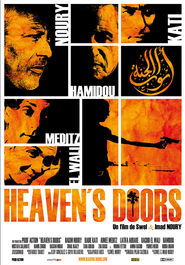 As codirected by brothers Swad and...
As codirected by brothers Swad and...Heaven's Doors 2006
As co-directed by brothers Swad and Imad Noury (and produced by their mother, Pilar Cazorla), The Moroccan picture Heaven's Doors (2005) employs an episodic narrative, with three related substories presented sequentially. The Nourys shoot the episodes in distinct cinematographic styles (and with distinct overtones) suited to each tale, recalling Humberto Solas's masterpiece Lucia (1969).
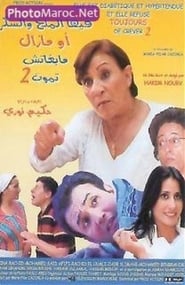 Fakhita discovered that her husbands daughter...
Fakhita discovered that her husbands daughter...She's Hypertensive and Diabetic But Refuses to Die 2 2005
Fakhita discovered that her husband's daughter has a child from his mistress. He gets angry at him and forces him to divorce her only child, but the latter strongly rejects her attachment to her and her weakness. Which makes the need to pour out her anger by preventing him from using the work car, preventing the servants from carrying out any of his orders, and determining his powers in the company, which will make him plan to marry his mother in order to return to his previous position.
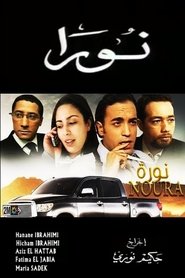 Moroccan film about a true story...
Moroccan film about a true story...Noura 2003
Moroccan film about a true story tackles the subject of sexual abuse and abortion through a girl named Nora. the latter was violated, and she died during an abortion attempt, then her body was dumped at the beach. A police search begins to decipher the body's mystery.
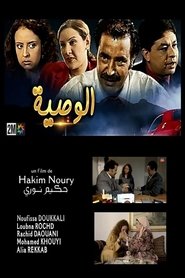 The film is about the suffering...
The film is about the suffering...The commandment 2003
The film is about the suffering of a mother with one of her sons who asks her to sell the family home, one of the traditional old houses, to repay his debts, but she categorically refuses to bow to his request in favor of the "commandment" of her husband, who recommended before his death to keep the house.
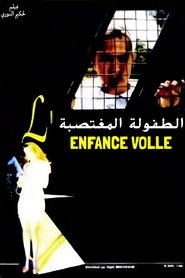 Stolen Childhood is a Moroccan film...
Stolen Childhood is a Moroccan film...